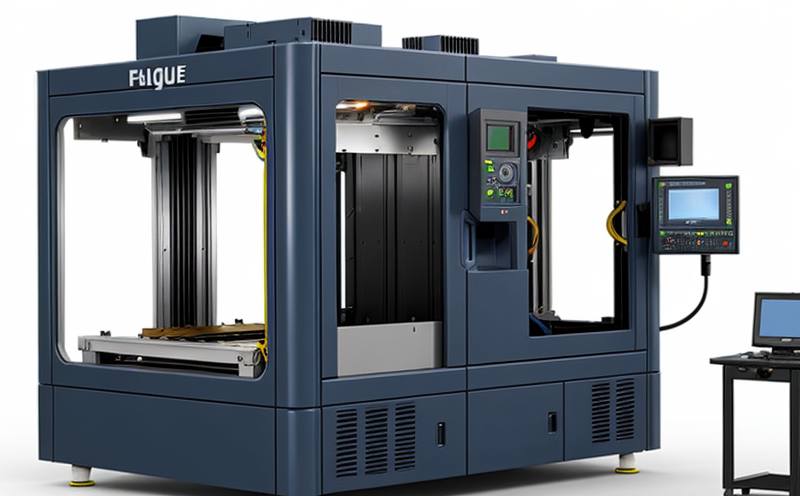Fatigue & Lifecycle Testing of Printed Components
When developing and manufacturing components for additive manufacturing (AM) or 3D printing, ensuring their durability over time is critical. Fatigue testing specifically examines the ability of printed components to withstand repeated loading cycles until failure occurs. This type of testing is essential in sectors like aerospace, automotive, medical devices, and consumer electronics where reliability under cyclic stress conditions can mean the difference between product success or failure.
Our state-of-the-art laboratory offers comprehensive fatigue & lifecycle testing services tailored for printed components using various materials including metals (aluminum, stainless steel), polymers (nylon, polycarbonate), and composites. Our team uses advanced equipment like multi-axis fatigue testers capable of simulating real-world operating environments with temperature variations, humidity, and other environmental factors that can affect component performance.
For accurate results, thorough preparation is crucial. We ensure the specimens are printed according to your specifications using appropriate support structures if necessary. Specimen orientation plays a significant role in how they perform during testing; our experts will advise on optimal orientations based on expected loading patterns and stress concentrations within the part.
Our laboratory adheres strictly to international standards such as ASTM E1624, ISO 13785, and ASME PDD-970. These guidelines provide stringent requirements for fatigue testing procedures from specimen preparation through data analysis. By following these protocols, we ensure that our findings are reliable and repeatable across different environments.
| Sector | Application |
|---|---|
| Aerospace & Defense | Testing of engine parts, landing gear components |
| Automotive | Evaluation of body panels, suspension systems |
| Medical Devices | Lifecycle assessment of implants, prosthetics |
| Consumer Electronics | Assessment of mobile phone casings, wearable devices |
Applied Standards
The international standards we follow for fatigue and lifecycle testing of printed components are designed to provide consistency in methodology and interpretation. These include:
- ASTM E1624 - Standard Practice for Fatigue Testing of Metallic Materials by Axial Loading
- ISO 13785 - Plastics and Composites - Determination of Fatigue Strength at Constant Amplitude
- ASME PDD-970 - Guidelines for Designing Additively Manufactured Components
These standards outline precise procedures for specimen preparation, testing parameters, data analysis techniques, and reporting formats. Compliance with these guidelines ensures that our test results are accurate, credible, and comparable worldwide.
Industry Applications
- Aerospace & Defense - Testing of engine parts, landing gear components
- Automotive - Evaluation of body panels, suspension systems
- Medical Devices - Lifecycle assessment of implants, prosthetics
- Consumer Electronics - Assessment of mobile phone casings, wearable devices
Environmental and Sustainability Contributions
Our fatigue & lifecycle testing services contribute positively to environmental sustainability by helping manufacturers design more durable products that last longer with minimal replacement needs. This reduces waste associated with premature failures due to cyclic loading conditions.
In addition, our work supports the development of sustainable manufacturing processes through continuous improvement initiatives based on test results. By identifying weak points early in the product lifecycle, we enable companies to refine their designs and reduce resource consumption throughout production cycles.





